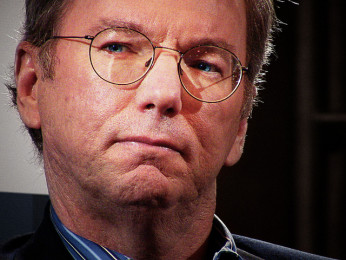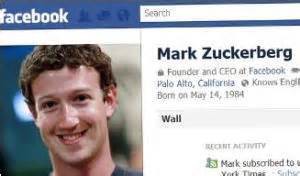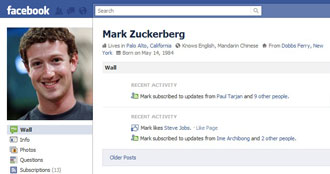 Facebook announced that it will update its news feed software to flag stories that might be false and limit their spread.
Facebook announced that it will update its news feed software to flag stories that might be false and limit their spread.
The social notworking site has been a key spreader of fake news, including celebrity deaths, fake science reports mostly because some seem to think that “satire” is the same as “made up news”.
Instead of looking at the comments on a given post, it has added an option for Facebook users to flag it as “a false news story” when they run across it in their feeds.
Facebook will also look at how often it has been deleted by the people who posted it. The theory is that a widely deleted post may be one that many users regretted posting because they realized it was bogus.
The site will not remove such stories from its feed. Instead, the company said it will reduce their distribution and add an annotation warning news feed readers that they may contain false information. A post that has been either widely deleted or flagged as false news by a large number of users will now come with a note like this when it appears in your feed:
“Many people on Facebook have reported that this story contains false information.”
It is not a big technology deal. Facebook’s software will not be analysing the actual content or substance of stories to suss out the fake ones. Instead, it thinks that relying on explicit feedback from human users—is far simpler and makes more sense. Humans are collectively better than bots at recognising bogus stories when we see them, although given the number of people who think that climate warming is untrue, vaccination gives kids autism, UFOs buzzed the International Space Station and President Obama is a Muslim we would not think that humans are doing that good a job.
To make matters worse so called “satirical” articles from sites like The Onion will not be flagged . The company found in its testing that these sorts of posts are not often flagged as false by users. Goodness knows what this will do to Fox News’ presence on Facebook.
This is not the first time that something like a hoax-flagging algorithm has been tried on Facebook. It had a “war on clickbait” which was based on the same ideas and it did not exactly end Upworthy’s reign of terror even when it still runs stories with intros like “you will never believe what happened next”.
 A law set to be passed by Chinese authorities would make tech vendors provide the government with encryption keys and put backdoors in systems.
A law set to be passed by Chinese authorities would make tech vendors provide the government with encryption keys and put backdoors in systems.
















